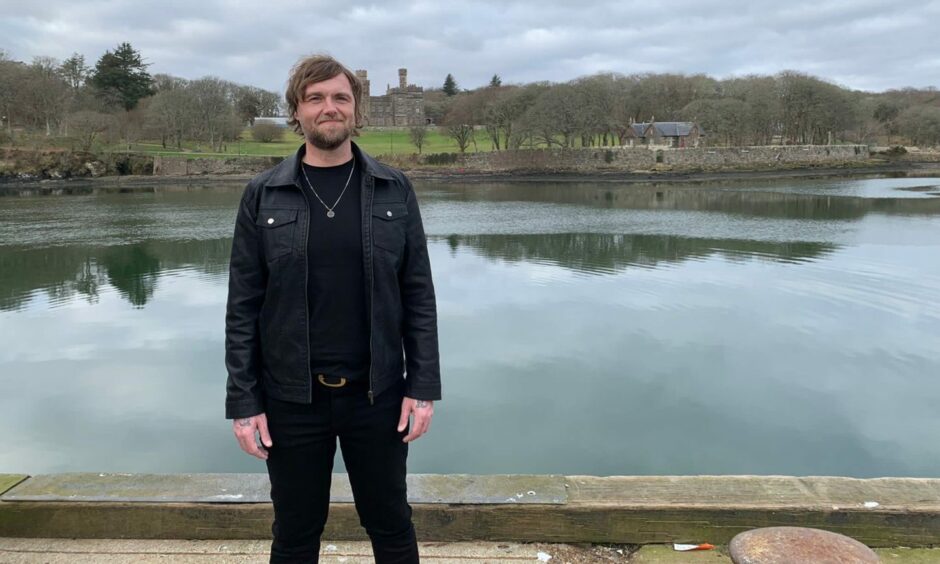
It was a bold initiative to attract a band of The Pretenders’ calibre to perform at an open-air festival in Stornoway.
Yet, just a week before the arrival of Chrissie Hynde and her colleagues, the “heartbroken” organisers of the inaugural Midnight Sun Weekender in the Western Isles were forced to scrap the event because they didn’t have enough brass in pocket.
They had worked for months on the project, persuading the likes of Primal Scream and John Fogerty to travel to the Isle of Lewis – but admitted last Wednesday that a variety of factors, including the cost-of-living crisis, had impacted on ticket sales, leaving them with no choice but to pull down the curtain on proceedings.
It was a blow to the local economy
Ian MacArthur, the event director, said in a statement: “We tried everything to overcome the challenges we faced, but it has become impossible for us to move forward.
“We deeply regret the impact this cancellation will have on the local retail and hospitality sector and the economic impact overall to Stornoway.”
Sadly, it isn’t the first arts and music festival to hit the buffers in the region. And, after speaking to other organisers, the probability is that it won’t be the last.
A decade ago, the situation was much brighter, whether in the success of local events such as Loopallu in Ullapool or large-scale ventures such as the Aberdeen International Youth Festival. Both have vanished, the former in 2019, the latter two years earlier.
Pandemic presented unprecedented challenge
Ullapool also held its final book festival this month and a survey by the P&J confirmed that other organisations are struggling with a wide range of issues, including the post-Covid reluctance of many people to gather in large groups, the lack of money available from both councils and private businesses, the shortage of staff in the Highlands and Islands, following Brexit and the pandemic, allied to concerns over the poor state of public transport and and escalating prices of hotel accommodation.
It adds up to a toxic mix for those attempting to bounce back from lockdown and while there are positives, such as Belladrum in Inverness and the Findhorn Bay Festival in Moray, even these are only achieved through tighter margins and closer collaborations.
Since 2020, the pandemic has presented an unprecedented challenge to Scotland’s cultural sector. It closed venues, some permanently, such as Aberdeen’s Belmont Filmhouse (although campaigners are still fighting to resuscitate the venue) and put others under considerable financial pressure, such as Inverness’ Eden Court.
It left thousands of artists, writers, musicians, and performers – and others employed in the cultural sector – facing a severe threat to their livelihoods. The culture and events sectors in Scotland have reported, on average, a 30-40% reduction in audience figures.
The big events don’t have to worry
As one festival organiser told me: “It’s not a case of whether we can go back to where we were before Covid. It’s how we respond to a making the best of a new world because folks’ tastes have changed and they’re not going to pay hundreds of pounds to travel to the north of Scotland to watch one concert.
“The big events – Glastonbury, Glyndebourne, the Edinburgh Festival, things on that level – might not be worried by all this, but I don’t know of any small-scale organiser who isn’t finding themselves wondering whether it is worth all the bother.”
In these circumstances, the biennial Findhorn Bay Festival, which was held last September and October, has proved a triumph over adversity and its director Kresanna Aigner told me she and her team have already pencilled in September 20-29 in 2024 as the dates on which they intend to stage no less than 10 days of entertainment.
She added: “We built strong relationships with the local community and adapted and adapted 100 times over. But we realise these are tough times for many people and we did a lot of free events, some pay-what-you-can events and it was always a priority for us to make things as affordable and accessible as possible.
‘We are in a new landscape now’
“The feedback from many of those who attended was very positive, but the numbers were down on our previous festival, which wasn’t a surprise to us. There is so much pressure on the arts sector that you can’t take anything for granted.
“Finding sponsorship, for instance, is much more difficult when businesses are laying off people. You can’t just go to a big company and ask for £50,000, but it’s about sustaining what we have and recognising that we are in a new landscape these days.
“Personally, I believe these festivals have benefits for health, for wellbeing, for boosting community spirit and bringing people together and they help both the participants and those who attend. Art is so important in our lives. Yet it doesn’t get any easier.”
Further north, in Caithness, the Lyth Arts Centre has been innovative in forging partnerships with other groups and shown imagination in dealing with the disparity between spiralling costs and shrinking audiences. But it has had a cumulative effect.
Their director, Charlotte Mountford, told me: “It is hugely disheartening to see the swathe of festival and event cancellations across the UK.
“Cultural organisers are facing a perfect storm, being met with increasing costs in the wake of lockdown recovery. For many of us, we’re unable to pass these costs onto audiences and communities in the midst of a cost-of-living crisis.
There needs to be urgent solutions
“I think there’s a particular challenge for the Highlands and Islands where both organisers and audiences already face disproportionate costs for fuel, transport and accommodation. The Scottish Government, local authorities and VisitScotland are working together to review and update Scotland’s national events strategy.
“But I would urge Highland Council to really engage with this strategy update and advocate for the very specific needs of our area. Similarly, the Scottish Government should seek to urgently increase their investment in the cultural and events sector to ensure Scotland really can remain the ‘perfect stage”.
The Scottish Government’s Culture Secretary, Angus Robertson, admitted that the issue was a cause for concern.
He told the P&J: “Scotland’s festival and events sector brings huge benefits to communities up and down the country, but we recognise its recovery has been slower than other aspects of the Scottish economy, given reduced audience numbers following the pandemic and ongoing cost-of-living crisis.
“Throughout the pandemic, the Scottish Government provided £256million of additional support for the culture sector, which included support for independent music festivals, on top of the regular grant funding that is available for events through EventScotland.
“We will continue to work with the sector to help identify barriers to recovery and innovative solutions to protect jobs and businesses.”
‘We are in a vicious circle’
But, whatever transpires, there’s a sense of apprehension and anxiety over the future. Joy Dunlop, the BBC presenter, former Mod champion, and stalwart of Gaelic, is normally an ebullient character, but offered a stark assessment.
The Argyll woman, who is appearing in the Feis Rois Ceilidh Trail at Eden Court in August, told me: “It feels like we are in a vicious circle at the moment of there not being enough performing opportunities for musicians because of financial uncertainty, but that people are also not committing to going to events until the last minute.
“Most of my musical friends are not self-organising either like they used to, due to the financial uncertainty, and I can’t see it improving anytime soon.
“We all need to be a bit better at supporting the musicians/artists/ events/small businesses that we know and love, otherwise there won’t be any left…”
The Midnight Sun Weekender has gone. The sun may be setting on others as well.
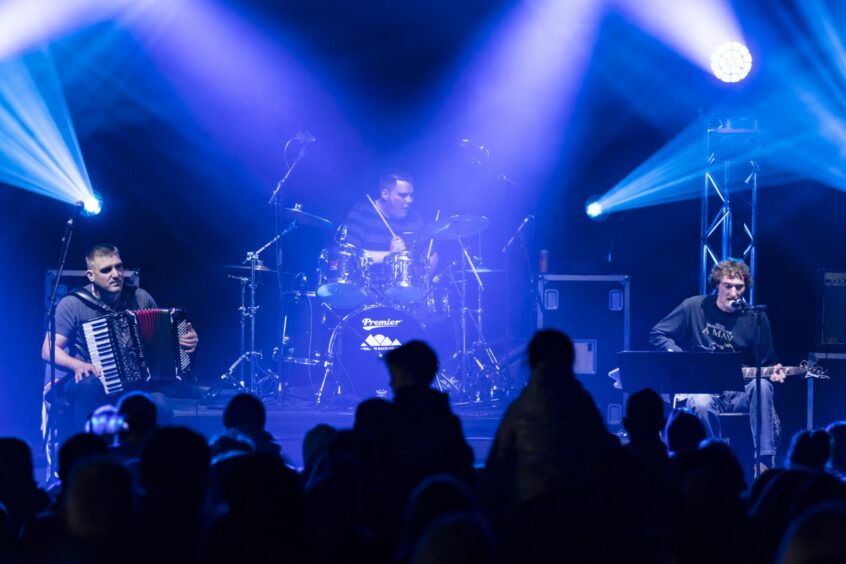

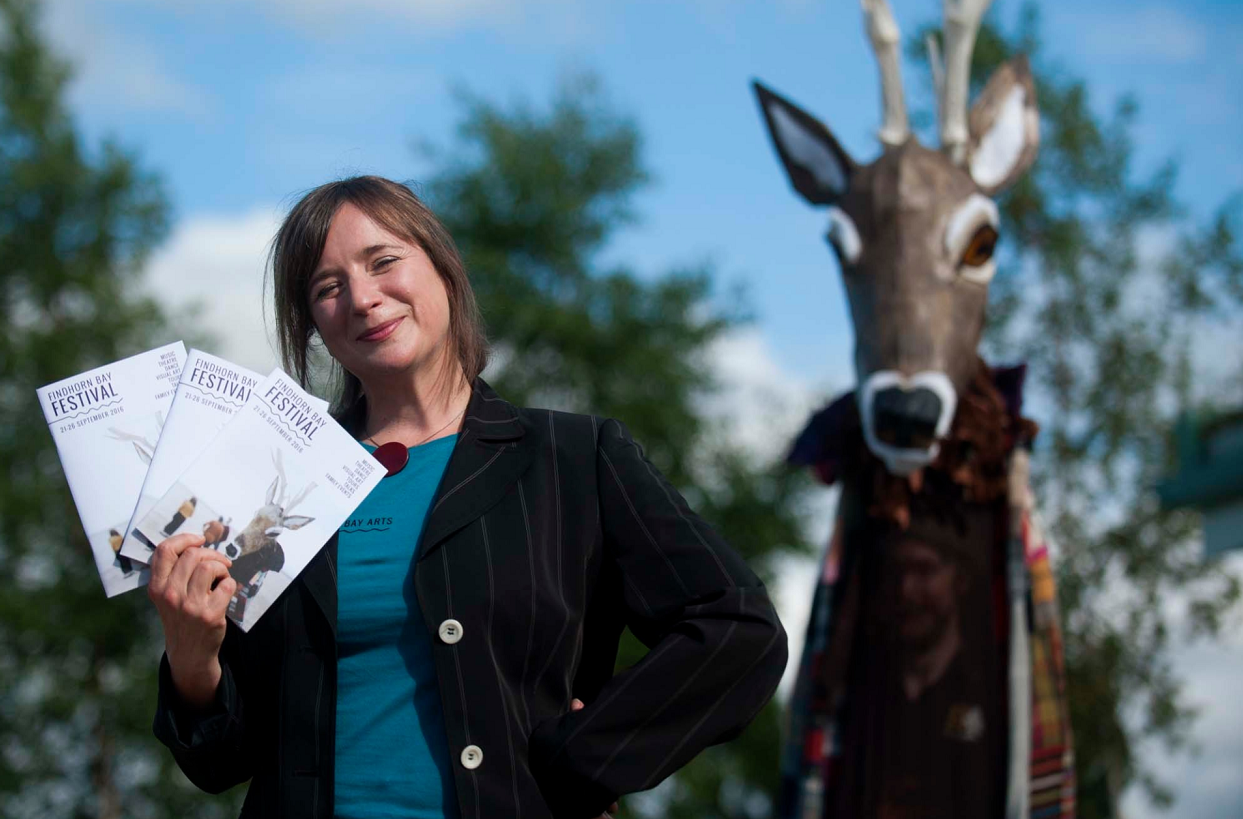



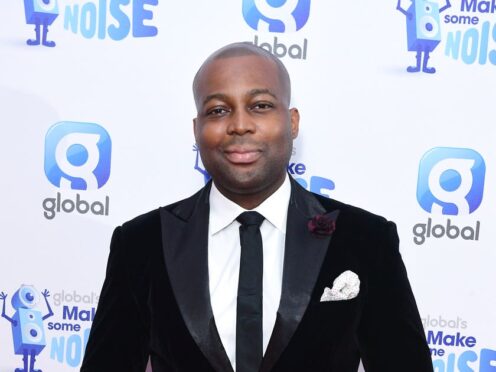
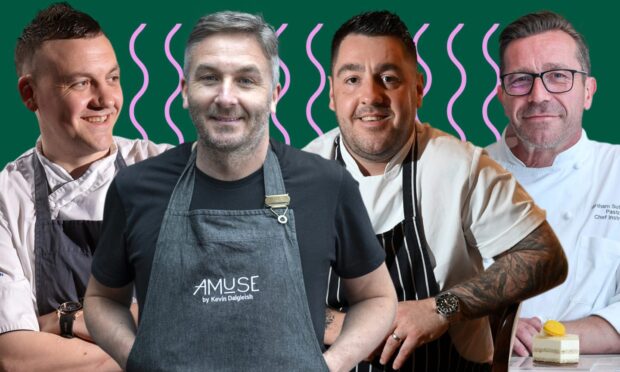
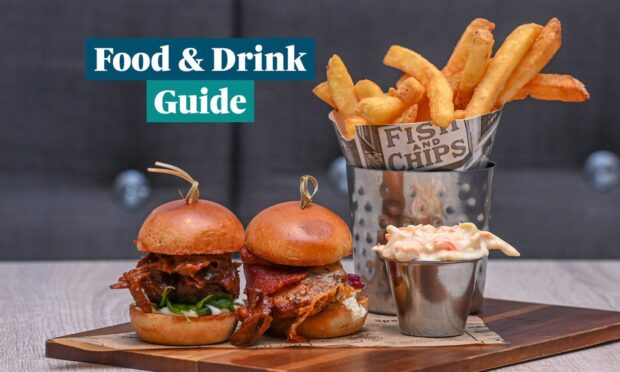
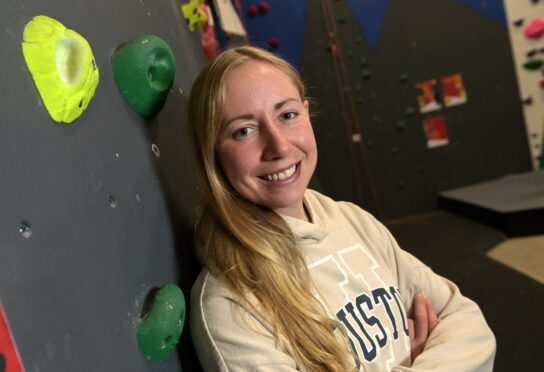
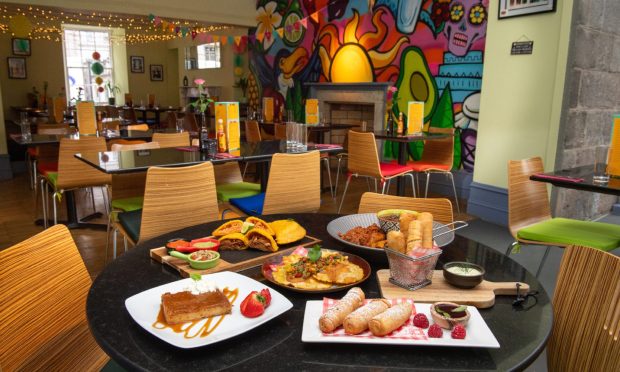
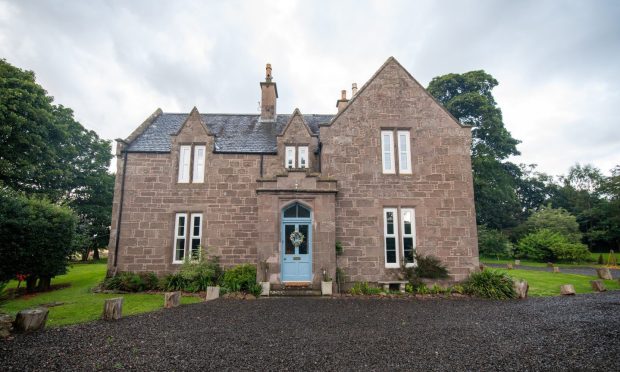
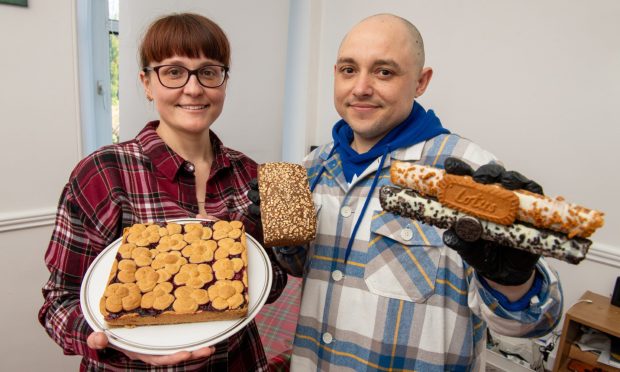

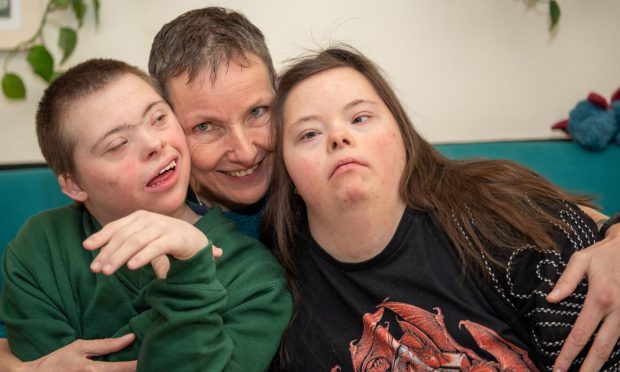

Conversation